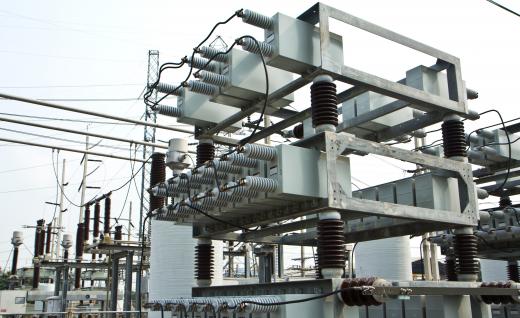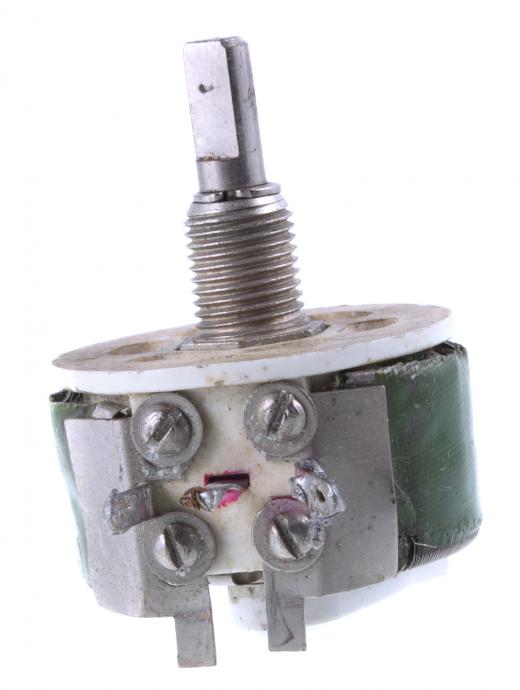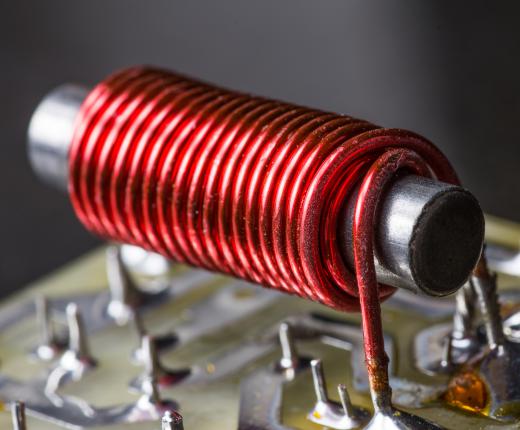A capacitor bank is a grouping of several identical capacitors interconnected in parallel or in series with one another. These groups of capacitors are typically used to correct or counteract undesirable characteristics, such as power factor lag or phase shifts inherent in alternating current (AC) electrical power supplies. Capacitor banks may also be used in direct current (DC) power supplies to increase stored energy and improve the ripple current capacity of the power supply.
Single capacitors are electrical or electronic components which store electrical energy. Capacitors consist of two conductors that are separated by an insulating material or dielectric. When an electrical current is passed through the conductor pair, a static electric field develops in the dielectric which represents the stored energy. Unlike batteries, this stored energy is not maintained indefinitely, as the dielectric allows for a certain amount of current leakage which results in the gradual dissipation of the stored energy.

The energy storing characteristic of capacitors is known as capacitance and is expressed or measured by the unit farads. This is usually a known, fixed value for each individual capacitor which allows for considerable flexibility in a wide range of uses such as restricting DC current while allowing AC current to pass, output smoothing in DC power supplies, and in the construction of resonant circuits used in radio tuning. These characteristics also allow capacitors to be used in a group or capacitor bank to absorb and correct AC power supply faults.

The use of a capacitor bank to correct AC power supply anomalies is typically found in heavy industrial environments that feature working loads made up of electric motors and transformers. This type of working load is problematic from a power supply perspective as electric motors and transformers represent inductive loads, which cause a phenomenon known as phase shift or power factor lag in the power supply. The presence of this undesirable phenomenon can cause serious losses in terms of overall system efficiency with an associated increase in the cost of supplying the power.

The use of a capacitor bank in the power supply system effectively cancels out or counteracts these phase shift issues, making the power supply far more efficient and cost effective. The installation of a capacitor bank is also one of the cheapest methods of correcting power lag problems and maintaining a power factor capacitor bank is simple and cost effective. One thing that should always be kept in mind when working with any capacitor or capacitor bank is the fact that the stored energy, if incorrectly discharged, can cause serious burns or electric shocks. The incorrect handling or disposal of capacitors may also lead to explosions, so care should always be exercised when dealing with capacitors of any sort.
